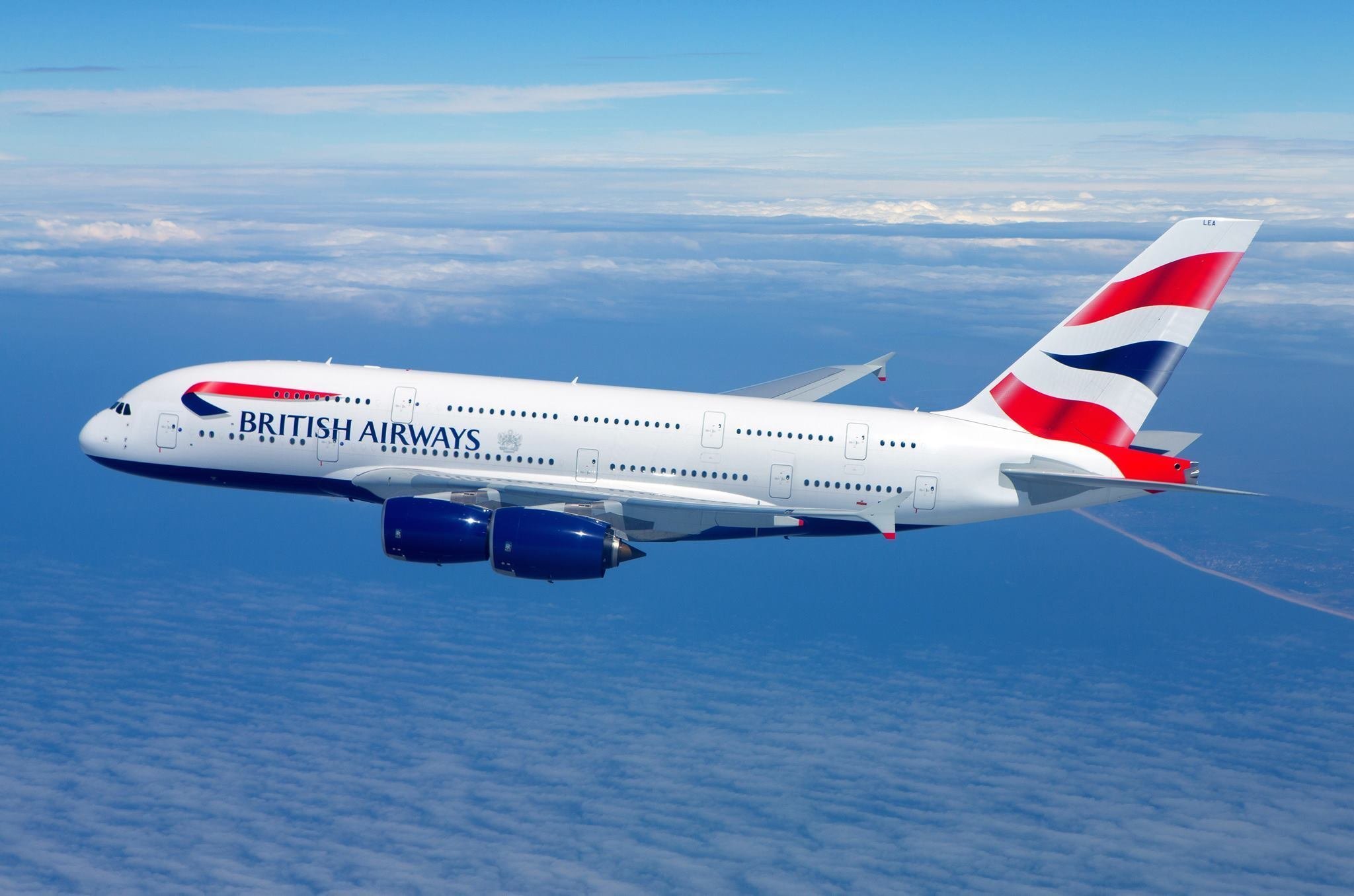The future of air travel lies in Artificial Intelligence
British Airways is using AI to improve the airline’s operational efficiency, maintenance and to predict on board food uptake

With one of its 300 aircraft taking off from somewhere in the world every 90 seconds, British Airways runs a hugely complex global operation, 24-hours a day.
Alex Cruz, chairman and CEO, British Airways laid down the challenge to artificial intelligence experts to help him transform the customer journey.
At the AI Summit at London Tech Week, Cruz asked delegates to help his team of 80 data scientists offer customers new, intuitive services, change the way tickets are sold, guarantee no bags are ever misplaced and replace airport queues with virtual ones. He encouraged entrepreneurs and start-ups to submit proposals to its parent company International Airlines Group’s (IAG) accelerator programme, Hangar 51, which sees successful applicants embedded in the heart of the business working side by side with an international team of mentors and experts from across IAG. The 10-week accelerator nurtures start-ups with a broad range of technologies, enabling them to develop and test their products on a global scale.
Cruz also outlined some of the advancements the airline is making using AI to improve the service it offers its customers. “Via Hangar 51, British Airways is currently working with technology start-up Assaia. Its intelligent software captures on video every moment from when an aircraft arrives at the airport to its departure, helping airline workers to see the numerous tasks going on around the aircraft (fuelling, cleaning, baggage and catering loading and unloading) and alerting them to issues that could delay the flight’s departure,” he said.
British Airways is using Artificial Intelligence (AI) to improve the airline’s operational efficiency, maintenance and to predict on board food uptake. The airline is also trialling automated vehicles at Heathrow, he added.


Comments are closed.